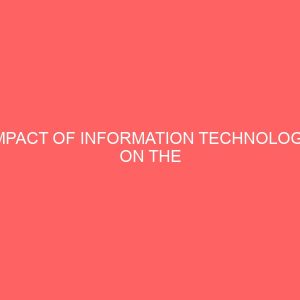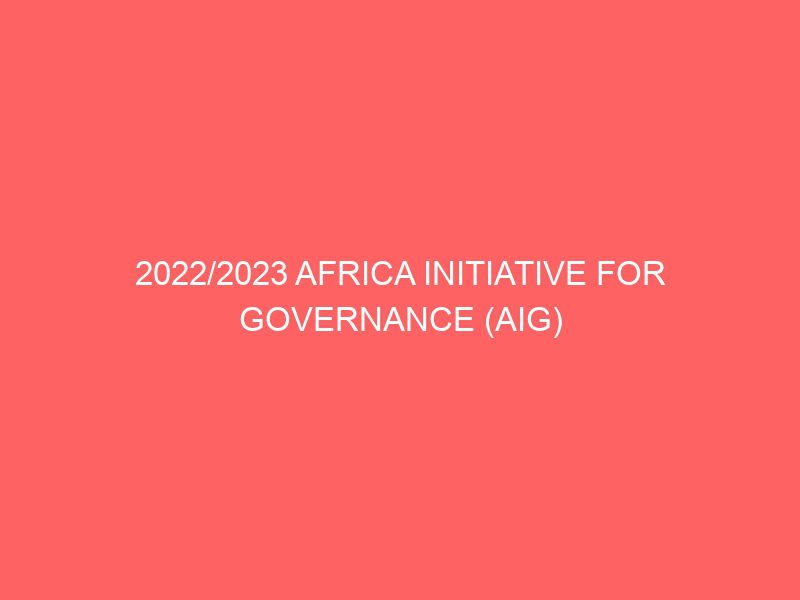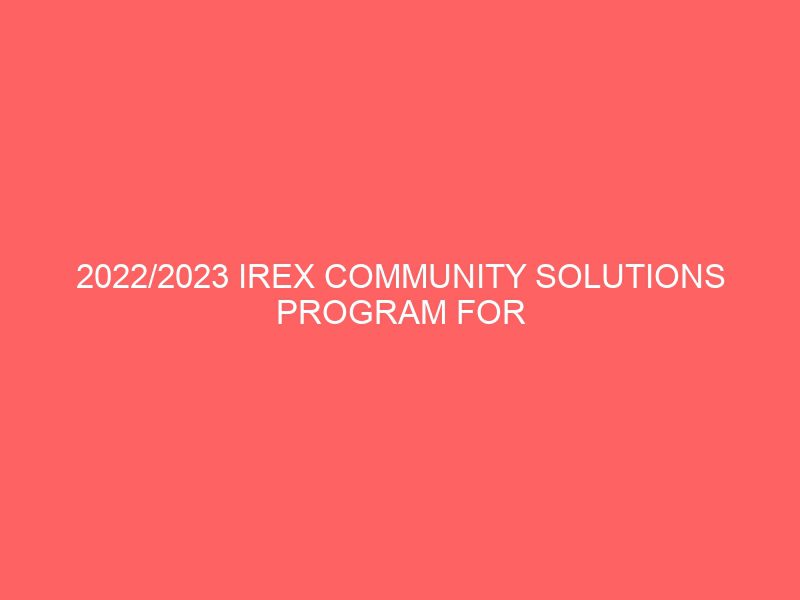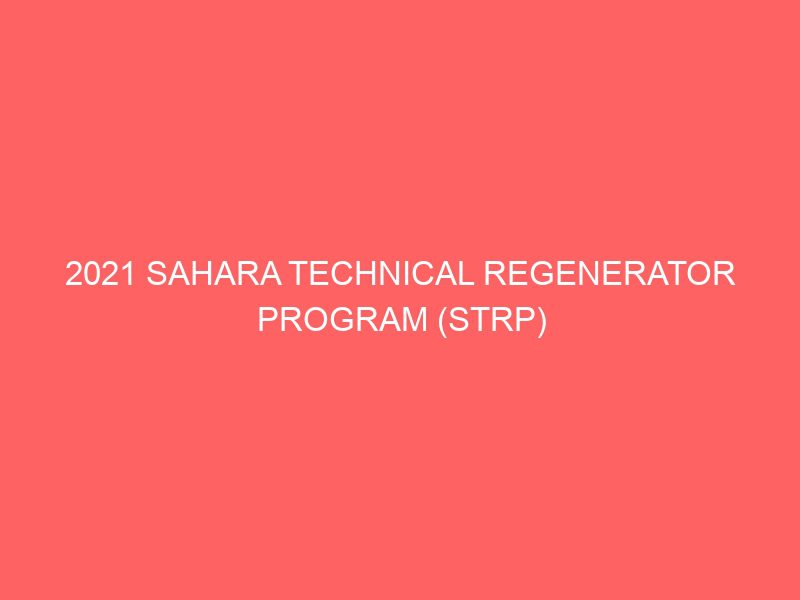Public Administration Project Topics with case study & Materials PDF DOC in Nigeria for undergraduate final year students
List of Public Administration Project Topics with case study & Materials PDF DOC in Nigeria for undergraduate final year students. Click and view their Preview. brought to you by Projectslib research center, kano Nigeria. Goodluck
All Public Administration project topics
For enquiries on any of our services (research writing, app/web development, partnerships), CLICK HERE
To specifically Hire a writer CLICK HERE
Here are the topics;
6. The need for improved revenue generation in local government
7. Niger-Delta crisis and its impact on socio-economic development in Nigeria
18. Enhancing political stability in Nigeria through good governance ( a case study of Abia state)
19. Bureaucracy and efficiency (a case study of Enugu state civil service)
21. The influence of effective personnel management practice in organization performance
26. The impact of poor revenue generation on the development of Local Government Areas
29. Niger-Delta crisis and its impact on socio-economic development in Nigeria
33. Manpower training and development as a tool for effective performance in public sector in Nigeria
34. Ethno religious conflict and national integration in Nigeria
35. Niger-Delta crisis and its impact on socio-economic development in Nigeria
46. Poverty alleviation and economic development in Imo state
48. Overpopulation and its effects on the social and economic development of Nigeria
49. The role of electoral commission in enhancing the development of democracy in Nigeria
50. Retirement policy and problem of implementation in Nigerian public sector
51. The role of trade union on effective labour management in a government organization
53. Effect of corruption in Nigeria public sector
54. Effect of poor leadership on workers performance in ministries in Nigeria
55. The effect of communication on the productivity of civil service in Nigeria
56. The role of cooperative societies towards development of rural areas
57. Revenue generation and management in Nigeria local government system
58. Application of separation of powers in a presidential system of government
59. Accountability and corruption in public organization
60. The federal character principle and merit system in Nigeria public service
61. AIDS awareness program in Nigeria
62. The impact of welfare scheme on the motivation of worker in public service
63. Labour policies and workers performance in the Nigeria public service
64. Local government and challenges of rural development in Nigeria
65. The impact of 1976 local government reforms on rural development
66. Manpower training, a tool for national development
67. The role of local government in the transformation of rural areas
68. The impact of insurance companies on the economic development of Nigeria
69. The impact of education on the development of rural areas in Kogi state
70. The effect of corruption on the achievement of organizational objectives in Kogi state
71. Local government as an instrument of democratic sustainability
72. Political leadership and development in Nigeria
73. The role of Nigeria labour union in democratic consolidation in Nigeria
74. Local government and rural development in Nigeria
75. An evaluation of the effect of manpower training and development in service organization
76. An assessment of retirement of civil servants and its challenges
77. The effect of political thuggery on good governance in Nigeria
78. The impact of democracy on the grassroot development
81. The impact of political violence on the democratic governance in Nigeria
82. The impact of staff training and development in tertiary institutions
83. The effect of political thuggery on the realization of millennium development goals in Kogi state
89. Effect of non-financial incentive on employee performance, case study of federal polytechnic Bida
92. The effect of training and development on employee performance
94. The impact of effective unionism on the determination of workers welfare in Kogi state
95. The effect of personnel training and development on crime prevention and control in Kogi state
96. The role of democracy in enhancing rural transformation in Kogi state
97. The effect of political crisis in Nigeria
98. The role of local government in the development of democracy in Kogi state
99. Effective leadership styles and its implication on organizational productivity
100. Analysis of the strategies for employment generation in Kogi state
106. Sustaining local government through internal revenue generation – a study of Bosso local government
107. Recruitment in public sector and its problems. A case study of Federal Polytechnic Bida
109. Motivation of workers in a public organization – a case study of federal medical centre Bida
115. The role of women in nation building – a case study of Bida local government
118. The impact of trade unions on workers welfare – a case study of federal polytechnic Bida
121. The effect of job stress on employee performance – a study of federal inland revenue service, Utako
122. Issues and challenges of retirement of civil servants
123. The effect of drug abuse on teenagers’ education – a study of Bida local government
124. Democracy and electoral manipulation
125. Management of industrial conflict in the public sector
126. The causes of industrial conflict in private organizations
127. The impact of due process policy on sustainable development in Nigeria
128. Management challenges facing mass transit programme in Nigeria
130. Effect of the role of social workers in community development
133. The effect of gender discrimination in political leadership in Kogi state
135. Rural poverty and its implication for development in the rural areas in Kogi state
136. Electoral reform and its implications on local government politics
141. The effect of motorcycle (OKADA) transport restriction on commuters in Minna metropolis, Niger state
143. An evaluation into the effect of human resources development on organizational productivity
144. The impact of women empowerment on poverty reduction in Kogi state
145. Redeeming the public image of the Nigeria police force
146. Causes and effect of labour unrest in the Nigeria local government system
147. The effect of financial discipline on good governance at the local government level in Kogi state
148. The effect of industrial disharmony on the Nigerian education system
149. Analysis of the strategies for employment generation in Nigeria
150. The role of effective communication in organizational performance
153. Effects of delayed payment of lecturers salaries and wages on students performance
154. The role of administration in enhancing the pension policy in Nigeria
155. The role of entrepreneurship skills in reducing youth unemployment in a depressed economy
156. The constraints of personnel administration in Nigeria’s local government system
157. The problems of effective utilization of revenue available to local governments in Nigeria
159. Performance appraisal as a tool for enhancing productivity in public corporations in Nigeria
160. The role of bureaucracy in achieving organizational objectives in Nigeria
161. The relevance of traditional institution in security management at the local government level
162. The impact of strike action in the achievement of trade union agitations
163. Effects of delayed payment of lecturers salaries and wages on students performance
164. The role of administration in enhancing the pension policy in Nigeria
165. The role of entrepreneurship skills in reducing youth unemployment in a depressed economy
166. The constraints of personnel administration in Nigeria’s local government system
167. The problems of effective utilization of revenue available to local governments in Nigeria
169. Performance appraisal as a tool for enhancing productivity in public corporations in Nigeria
170. The role of bureaucracy in achieving organizational objectives in Nigeria
171. The relevance of traditional institution in security management at the local government level
175. The role of local government in socio-economic and political development of the community
176. The role of government in the development of party politics – a case study of second republic
177. The issues of corruption in local government administration in Nigeria
178. The impact of reforms on the performance of Nigeria civil service
179. The impact of credible electoral process on accountability at the local government level
180. Role of administration in the rapid socio-economic transformation of Nigeria
181. Effect of human relation practices on employee performance in Opobo Nkoro Council
183. Effect of corruption on the conduct of elections at the local government level in Kogi state
184. The impact of revenue allocation on local government performance
185. The impact of staff recruitment and training on service delivery
186. Planning as a strategy for the attainment of organizational goals
187. The impact of motivation on the productivity of workers
188. The role of town unions in the development of rural societies
190. Challenges to effective execution policy in Nigeria
191. The effect of nepotism in recruitment in Nigeria
192. The roles of traditional rulers in national development – a case study of Maigari of Lokoja
195. Management of local government finance – case study of Kabba-bunu local government area, Kogi state
196. The impact of corruption on good governance and development in Nigeria
197. Workers motivation and job performance in the banking sector – a critical evaluation
209. The impact of leadership on organization efficiency – a case study of Okene local government
210. The impact of privatizing public enterprises and its implications on the Nigerian economy
211. Democracy consolidation and its manifestations in Kogi state
213. Paradigmic multivariate of public procurement logistics and due diligence process in Nigeria
214. The problem of child labour and exploitation in Nigeria
216. The role of police public relations units in the enhancement of community policing in Nigeria
217. The impact of insecurity on the realization change initiative in Nigeria
219. The impact of petroleum price fluctuation on sustained industrial harmony in the Nigeria public service
220. An appraisal of multinational companies and their social responsibilities in their host communities
223. The effect of policy and decision making on employees performance
224. An evaluation of Sure-P as poverty alleviation programme in Niger state
226. Women and economic development in Ebonyi state
227. The effect of kidnapping on substainable manpower utilization in Nigeria
228. The danger of hate speech on survival of an independent in Nigeria
229. The impact of staff training and appraisal in public institutions
232. TRADITIONAL INSTITUTIONS AS INSTRUMENTS FOR RURAL DEVELOPEMENT
233. FEDERAL CHARACTER AND NATIONAL INTEGRATION (A CASE STUDY OF THE SECOND REPUBLIC)
235. PROBLEMS AND PROSPECTS OF LOCAL GOVERNMENT ADMINISTRATION IN NIGERIA
237. THE PROBLEMS OF EFFECTIVE UTILIZATION OF REVENUE AVAILABLE TO LOCAL GOVERNMENTS IN NIGERIA
239. THE EFFECT OF POOR HUMAN RESOURCES MANAGEMENT ON THE NIGERIAN PUBLIC ADMINISTRATION
241. THE IMPACT OF POOR REVENUE GENERATION ON THE DEVELOPMENT OF LOCAL GOVERNMENT AREAS
244. CONFLICT MANAGEMENT IN THE PUBLIC SECTOR (A CASE STUDY OF ENUGU NORTH LOCAL GOVERNMENT, ENUGU)
245. THE EFFECT OF INADEQUATE HUMAN RESOURCES ON THE PERFORMANCE OF GOVERNMENT ESTABLISHMENTS
246. THE IMPACT OF CARETAKER COMMITTEE IN THE DEVELOPMENT OF GBOKO LOCAL GOVERNMENT
247. REVENUE GENERATION IN CROSS RIVER STATE LOCAL GOVERNMENT
248. THE ROLE OF LOCAL GOVERNMENT IN NATIONAL DEVELOPMENT
250. Effect of public relation on local government management a case study of Khana local government
251. THE IMPACT OF INDUSTRIALIZATION ON RURAL DEVELOPMENT
253. THE LIMITATIONS OF PUBLIC RELATIONS PRACTICE IN DEVELOPING COUNTRIES
255. THE DEVELOPMENT AND GROWTH OF LOCAL GOVERNMENT ADMINISTRATION IN BENUE STATE
256. THE IMPACT OF MANAGING RURAL DEVELOPMENT THROUGH INDUSTRALIZATION
257. THE ROLE OF LOCAL GOVERNMENT IN RURAL DEVELOPMENT
258. THE RURAL DEVELOPMENT AT THE LOCAL GOVERNMENT. A CASE STUDY OF GBOKO
259. THE EFFECT OF HUMAN RESOURCES DEVELOPMENT ON ORGANIZATIONAL GROWTH
260. THE EFFECT OF HUMAN RESOURCES DEVELOPMENT ON ORGANIZATIONAL GROWTH
261. AUDIT CONTROL SYSTEMS OF LOCAL GOVERNMENT IN CROSS RIVER STATE
262. MANPOWER TRAINING AND DEVELOPMENT AS A TOOL FOR ENHANCING EMPLOYEE PERFORMANCE IN ORGANIZATION
263. PUBLIC RELATIONS AS A TOOL FOR ERADICATING CULTISM IN NIGERIAN TERTIARY INSTITUTION
264. THE ROLE OF THE RIVERS STATE HOUSE OF ASSEMBLY IN CONFLICT MANAGEMENT, 1999-2011
265. THE EFFECT OF POVERTY ON RURAL PEOPLE OF GBOKO LOCAL GOVERNMENT
266. Effect of government ownership on enterprise Efficiency (Case study: Anambra broadcasting service)
268. POLITICS OF RECRUITMENT IN THE ENUGU STATE CIVIL SERVICE (1999-2016)
269. INVESTMENT MANAGEMENT PRACTICES AND GROWTH OF PUBLIC ENTERPRISES IN ENUGU STATE, NIGERIA, 2006-2016
270. IMPACT OF CONFLICT MANAGEMENT ON ORGANIZATIONAL EFFICIENCY, A CASE STUDY OF FIRST BANK PLC
272. A study of leadership style and productivity in the Nigeria public sector












